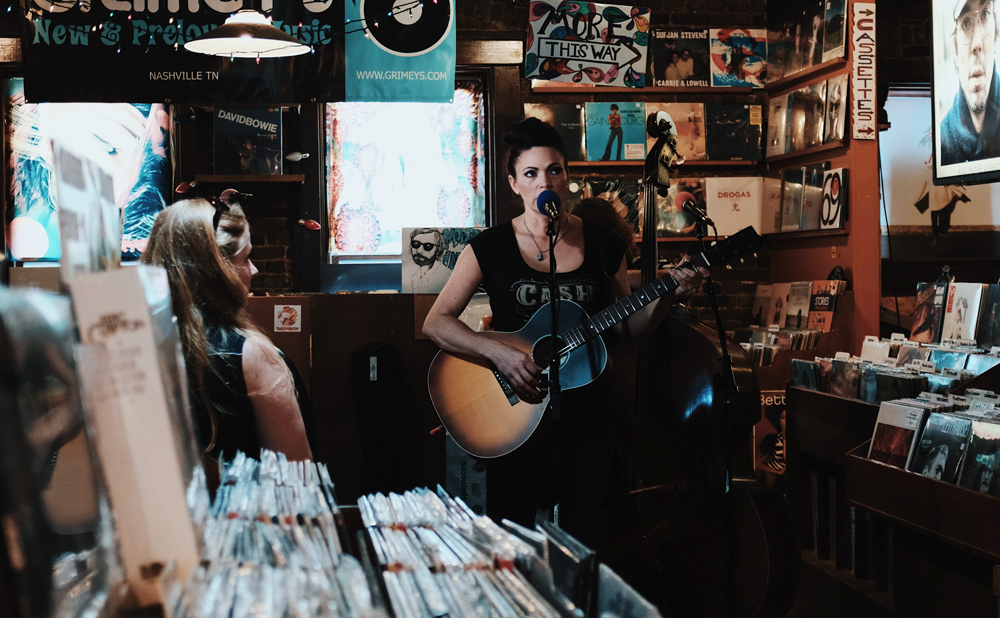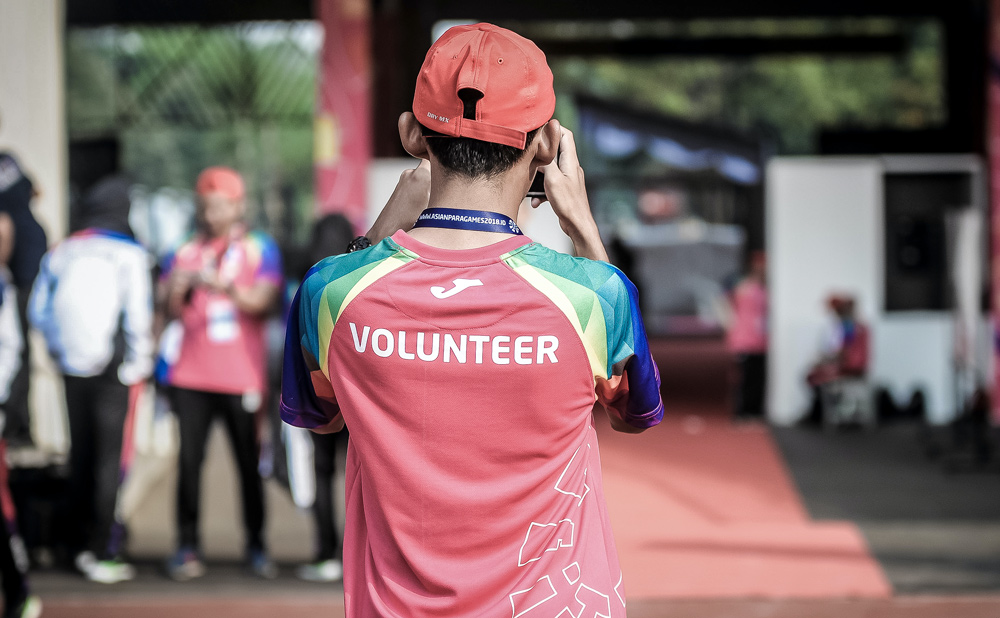Planning a Country Concert: 10 Tips Event Organizers Should Know
Country concerts are a staple in the world of live music events, uniting fans under the banner of twangy guitars, heartfelt lyrics, and the community spirit of country music. Planning such an event requires a blend of attention to detail, passion, and knowledge of the country music genre.
Below is a comprehensive guide to help event organizers plan a memorable country concert.

Tip #1 Understand Your Audience
Before diving into logistics, take a moment to understand the type of audience you're targeting. Is it a younger demographic that leans towards modern country, or a more mature audience that loves classic country tunes?
-
Surveys and Feedback:
- Conduct pre-event surveys to gauge interest and preferences.
- Seek feedback from past events to identify what worked and what didn't.
-
Demographics:
- Understand the age, gender, cultural backgrounds, and professional levels of your audience.
- Tailor content and activities to align with these demographics.
-
Engage on Social Media:
- Monitor relevant hashtags, discussions, and trends.
- Engage directly with potential attendees to answer questions and gather insights.
-
Audience Segmentation:
- Break down your audience into smaller groups based on preferences or needs.
- Customize event elements to cater to these specific segments.
-
Stay Updated:
- Ensure you're aware of any shifts in industry trends, market preferences, or global events that could influence your audience's expectations.
Tip #2 Select the Perfect Venue
The venue can make or break your concert experience. Whether it's an open-air festival, a barn-themed party, or a more intimate indoor setting, ensure it aligns with the vibe you’re aiming for.
-
Outdoor Venues:
- Fairgrounds or Open Fields: Spacious, allowing for large audiences and festival vibes.
- Farm or Barn: Offers a rustic, authentic country setting, enhancing the overall atmosphere.
- Vineyards or Orchards: Picturesque and can create a more upscale country concert experience.
-
Amphitheaters: Great for larger acts, providing natural acoustics and an expansive view of the stage.
-
Indoor Venues:
- Country Dance Halls or Saloons: Authentic settings with built-in country charm.
- Convention Centers or Large Halls: Suitable for bigger concerts, offering indoor comfort and extensive facilities.
-
Theaters or Performance Centers: Provide a more intimate experience, especially for acoustic sets or singer-songwriter performances.
-
Specialty Venues:
- Rodeo Arenas: Offers an authentic country experience, especially if paired with a rodeo event.
- Race Tracks: Large seating capacities and can accommodate major country acts.
-
Riverboats or Lakeside Decks: For smaller, intimate performances with scenic backdrops.
-
Alternative Spaces:
- Warehouses or Lofts: For a more urban country concert vibe.
-
Breweries or Distilleries: A unique setting, often with a rustic touch and the benefit of in-house beverages.
-
Local Spots:
- Town Squares or Parks: Community-centric, great for local artists or smaller acts.
- Local Bars or Taverns: Perfect for emerging artists or more intimate performances.

Tip #3 Secure Top-Notch Talent
Booking the right artist(s) is paramount. You want acts that resonate with your target audience.
Booking tips:
- Start by listing local talents or emerging artists who might be interested.
- For larger events, reach out to agents or representatives of more established artists.
- Always have a clear contract in place detailing payment, performance duration, and other expectations.
Tip #4 Prioritize Sound Quality
A country concert without impeccable sound quality is a missed opportunity.
-
Venue Acoustics:
- Check the venue's natural acoustics.
- Consider using acoustic treatments if the venue has sound issues like echoes.
-
Equipment Checklist:
- Ensure all equipment is functioning correctly.
- Have backups available, especially for critical gear.
-
Microphones:
- Use the right type of mics for vocals, instruments, and drums.
- Conduct sound checks for each microphone.
- Ensure wireless mics have fresh batteries and minimal interference.
-
Monitors and In-Ear Monitors (IEMs):
- Position stage monitors correctly for performers.
- Check IEMs for clarity and interference.
-
Front of House (FOH) Mix:
- Ensure the FOH engineer is familiar with country music nuances.
- Regularly communicate with the FOH engineer during the soundcheck and concert.
-
Amplifiers and Speakers:
- Position speakers to ensure even sound distribution throughout the venue.
- Check all connections and ensure amplifiers function without distortion.
-
Instrument Sound Checks:
- Individual sound checks for each instrument, especially unique country instruments like banjos, fiddles, or steel guitars.
- Ensure a balanced mix that complements the vocals.
-
Feedback Management:
- Position microphones to minimize feedback.
- Use feedback suppressors or notch filters if necessary.
-
Effects and Processing:
- Reverb, delay, and compression settings should be apt for country music, enhancing but not overpowering.
- Reverb, delay, and compression settings should be apt for country music, enhancing but not overpowering.
Tip #5 Pay Attention to Ambiance
The ambiance sets the mood for your concert.
Creating the perfect ambiance:
- Consider lighting that complements the time of day and the venue.
- Incorporate country-themed décors, such as hay bales, cowboy hats, or rustic signage.
- Plan visual effects that resonate with the music, like projections or LED screens showcasing related imagery.
Tip #6 Ensure Safety and Comfort
Your audience’s well-being should be a top priority.
Safety measures to consider:
- Adequate security personnel.
- Well-lit pathways and exits.
- Medical tents or first-aid stations.
- Clear emergency evacuation plans.
- Accessibility support.
Comfort considerations:
- Adequate restroom facilities.
- Plenty of food and drink stands.
- Shelter or shade, especially for outdoor events.

Tip #7 Promote Your Event Effectively
The best-planned concert can flop without the right promotion.
Effective promotion strategies for concerts:
- Platform Selection: Focus on platforms where your target audience is most active (e.g., Instagram, Facebook, Twitter, TikTok).
- Engaging Content: Share videos, interviews, behind-the-scenes content, and teasers.
- Live Streaming: Host live Q&A sessions or behind-the-scenes looks with artists.
- Contests and Giveaways: Engage fans by offering a chance to win tickets or meet-and-greet passes.
- Paid Advertising: Use targeted ads to reach a wider or specific audience.
- Email Marketing: Send updates, special offers, or exclusive content to subscribers. Segment your list to tailor messages to different audience groups.
- Collaborations and Partnerships: Collaborate with local businesses for sponsorship or cross-promotion. Partner with influencers or bloggers in the music scene to review or promote the concert.
- Merchandise: Create exclusive merchandise that can be pre-ordered or bundled with ticket sales.
- Early Bird and Tiered Pricing: Offer discounted tickets for early purchasers. Have VIP packages or tiered ticketing options with added benefits.
- Website and SEO: Create a dedicated event page or website with detailed information. Optimize the site for search engines to attract organic traffic.
- Street Teams: Use volunteers or enthusiasts to distribute flyers, posters, or promotional materials in strategic locations.
- Mobile Marketing: Use SMS campaigns to update subscribers on ticket availability, artist announcements, or promotions. Create a concert app or leverage mobile push notifications for engagement.
- Teaser and Countdown Campaigns: Generate excitement by releasing teaser content or countdowns leading up to the concert.
Tip #8 Engage the Audience
Keep your audience entertained and engaged, not just during the performance but before and after as well.
Engagement ideas:
- Organize pre-show activities like line dancing lessons or country karaoke.
- Set up photo booths with country-themed props.
- Consider having an emcee to interact with the audience and introduce the acts.
Tip #9 Plan for Contingencies
Unexpected issues can and often do arise.
Contingency planning tips:
- Have backup equipment.
- Consider weather-related issues for outdoor events. Maybe have tents or an indoor backup venue.
- Ensure you have a method to communicate with attendees, whether through PA systems, mobile apps, or other means.
Tip #10 Seek Feedback and Improve
After the event, gather feedback to improve future concerts.
Feedback methods:
- Online surveys were sent to ticket holders.
- Direct feedback through social media.
- On-site feedback boxes or booths.
- Comment boxes.
- Review platforms.
Final Notes:
Planning a country concert is a hefty task, but with passion and organization, it can become an unforgettable experience for both you and the attendees. Remember, the devil is in the details. Ensure you’re thorough in your planning, flexible in execution, and always prioritize your audience’s experience. The sound of a crowd singing along to a beloved country tune will make all the hard work worthwhile!






